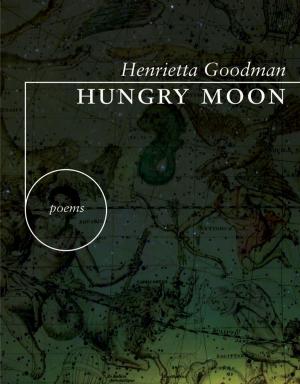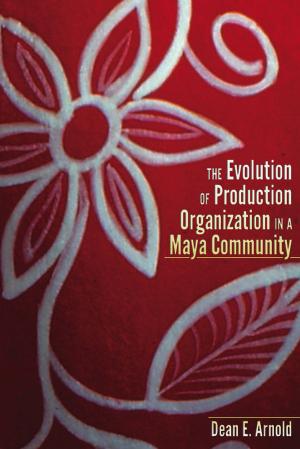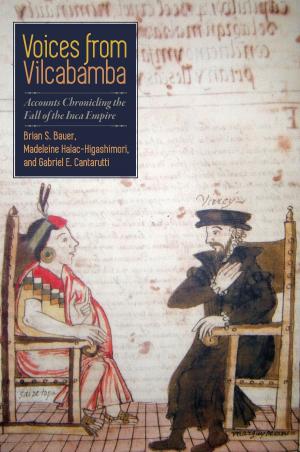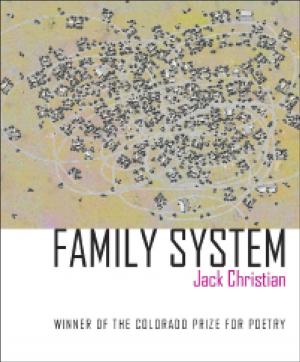Ancient Households of the Americas
Conceptualizing What Households Do
Nonfiction, Social & Cultural Studies, Social Science, Archaeology| Author: | Nancy Gonlin | ISBN: | 9781607321743 |
| Publisher: | University Press of Colorado | Publication: | April 15, 2012 |
| Imprint: | University Press of Colorado | Language: | English |
| Author: | Nancy Gonlin |
| ISBN: | 9781607321743 |
| Publisher: | University Press of Colorado |
| Publication: | April 15, 2012 |
| Imprint: | University Press of Colorado |
| Language: | English |
In Ancient Households of the Americas archaeologists investigate the fundamental role of household production in ancient, colonial, and contemporary households.
Several different cultures-Iroquois, Coosa, Anasazi, Hohokam, San Agustín, Wankarani, Formative Gulf Coast Mexico, and Formative, Classic, Colonial, and contemporary Maya-are analyzed through the lens of household archaeology in concrete, data-driven case studies. The text is divided into three sections: Section I examines the spatial and social organization and context of household production; Section II looks at the role and results of households as primary producers; and Section III investigates the role of, and interplay among, households in their greater political and socioeconomic communities.
In the past few decades, household archaeology has made substantial contributions to our understanding and explanation of the past through the documentation of the household as a social unit-whether small or large, rural or urban, commoner or elite. These case studies from a broad swath of the Americas make Ancient Households of the Americas extremely valuable for continuing the comparative interdisciplinary study of households.
In Ancient Households of the Americas archaeologists investigate the fundamental role of household production in ancient, colonial, and contemporary households.
Several different cultures-Iroquois, Coosa, Anasazi, Hohokam, San Agustín, Wankarani, Formative Gulf Coast Mexico, and Formative, Classic, Colonial, and contemporary Maya-are analyzed through the lens of household archaeology in concrete, data-driven case studies. The text is divided into three sections: Section I examines the spatial and social organization and context of household production; Section II looks at the role and results of households as primary producers; and Section III investigates the role of, and interplay among, households in their greater political and socioeconomic communities.
In the past few decades, household archaeology has made substantial contributions to our understanding and explanation of the past through the documentation of the household as a social unit-whether small or large, rural or urban, commoner or elite. These case studies from a broad swath of the Americas make Ancient Households of the Americas extremely valuable for continuing the comparative interdisciplinary study of households.















